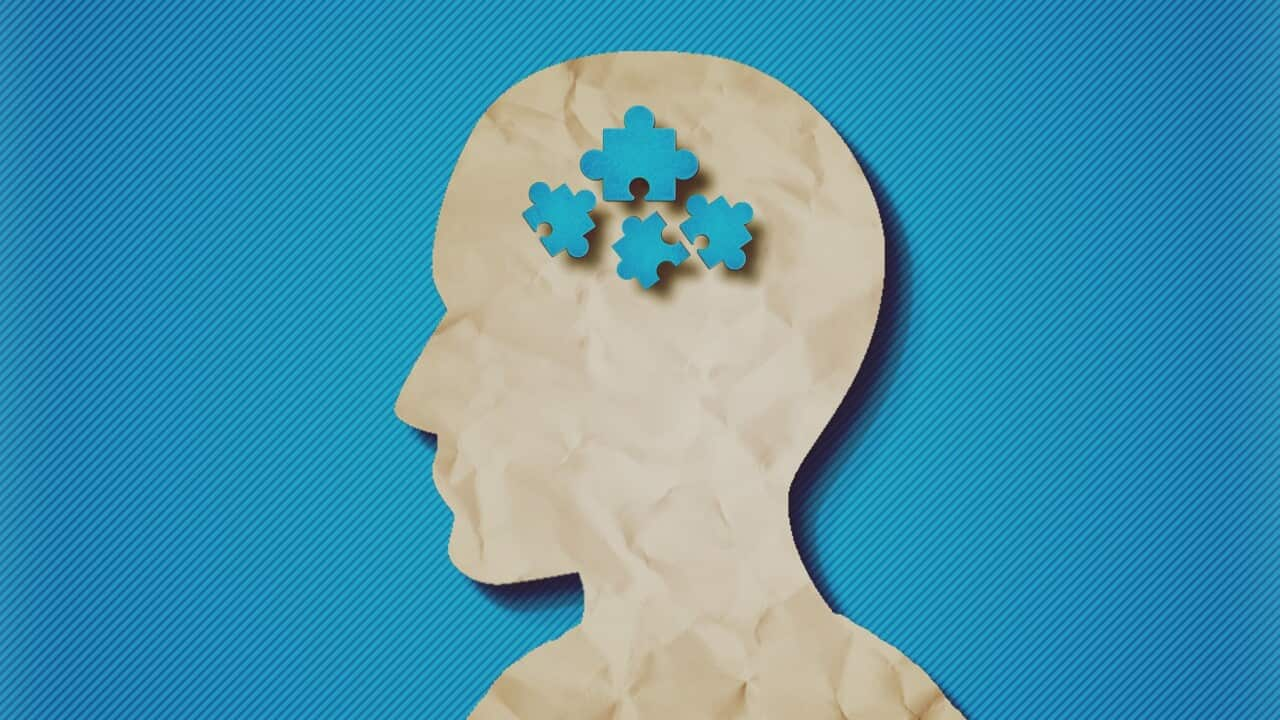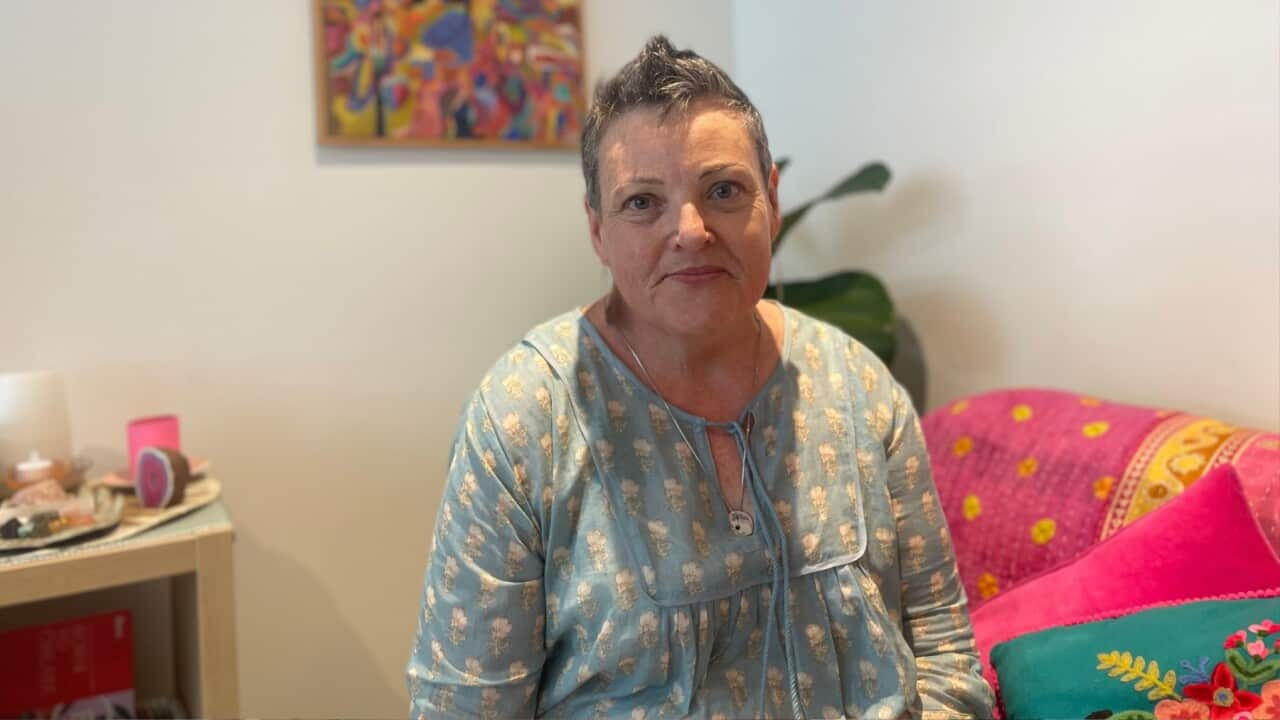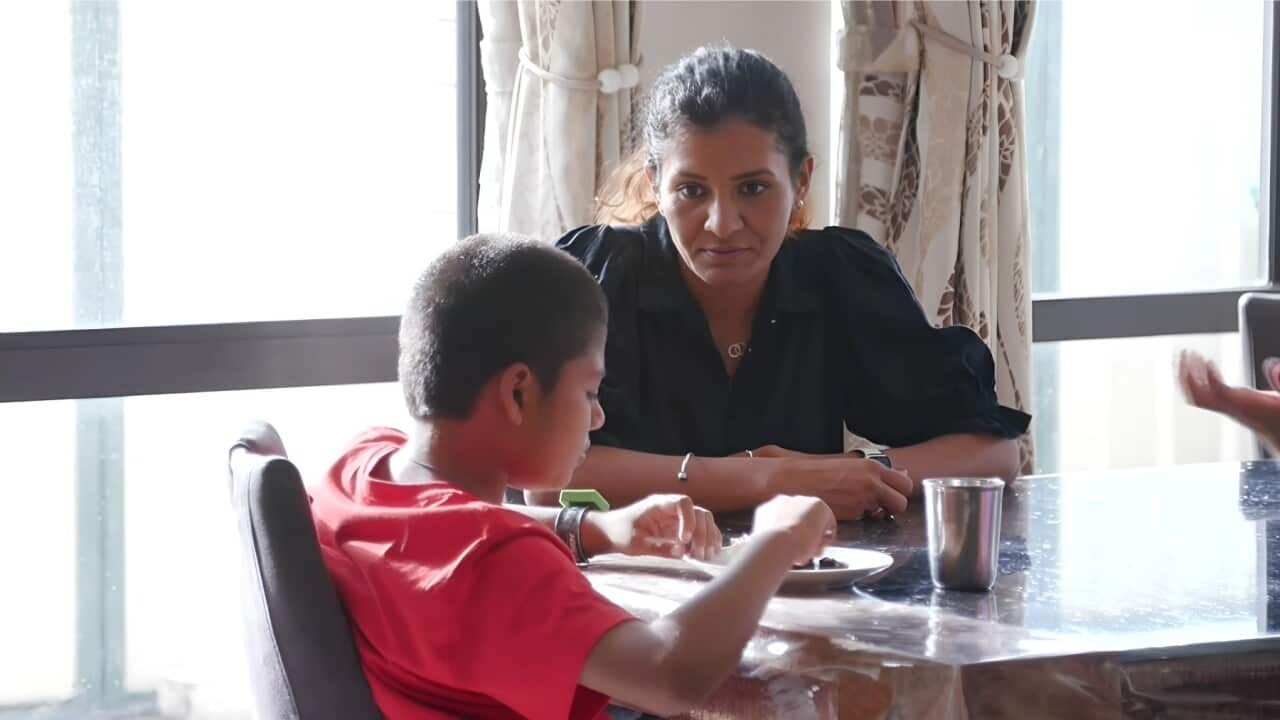TRANSCRIPT
As the Minister for the National Disability Insurance Scheme, Bill Shorten has made his feelings abundantly clear.
“The National Disability Insurance Scheme is here to stay. It is not going away. But - and this is important - we do need to get it back on track."
The Minister believes the N-D-I-S has become the only viable option for the disability community, and he wants that to change.
"The number of people on the scheme is going to go up every year. But wouldn't it be good if we could set up more community mental health clinics with the states and partnerships so that people don't get so ill with a mental illness that they have to be on the N-D-I-S? Wouldn't it be good if the nation as a whole decided to start employing more people with disability to the point that perhaps some people who need some core supports are able to get better employment outcomes and don't need some of those supports. So I think our improvements are modest, but let's not run a scare campaign that tens of thousands of people are about to be chopped because they're simply not."
Much of the focus has been on autism.
The scheme's own figures indicate 34 percent of active participants have autism as their primary disability.
And amid the government's concern that the N-D-I-S has increasingly become the only option for those in need of support, care providers describe a complex environment in and outside of the scheme's funding.
Autism Tasmania's CEO Donna Blanchard has told a Senate committee her group has no state government support.
She says they rely on the Commonwealth.
"Where we are now. After 30 years of history, with funding as you can imagine, very meagre. A very volunteer-based organisation. We've been grateful the last three years to be a recipient of the ILC grant program**, the tier two funding, which has allowed capacity building around autistic individuals, the broader community, and ourselves as an organisation to keep contributing to that."
Family Based Care CEO Douglass Doherty says his organisation has increasingly lost care hours and clients in Tasmania to companies who are not registered NDIS providers, even as their own compliance costs have risen.
He says they sometimes don't get the NDIS payments they're owed.
Mr Doherty says these issues are making them wonder if they should stay connected to the scheme.
"I do agree that we need to have that flexibility in the market in order to provide choice and control. I guess what I'm also saying is that - I can't speak for the rest of the country, but I can tell you in Tasmania, especially in the northwest - we're heading down a road as evidenced by the reduction in - there are not less people with disability, and yet our numbers continue to tumble. So it just makes it more difficult [[to provide a range of service."
64 percent of current NDIS participants with autism are aged 15 and under.
That may be why the government has announced an early intervention trial in Western Australia, in hopes such programs will lead to reduced future demand from autistic children.
But Donna Blanchard says it's not just young people who need help.
"Commonly you will find as a parent goes through this and their child is being diagnosed, they too will realise they are on the spectrum, have never been diagnosed. So when it comes to the N-D-I-A and all of the systems, no-one is really understanding the fact that there has to be reasonable accommodations made for that family in support to accommodate the parent is also on the spectrum, and the way they communicate their needs etc can be different. So that's one very nuance. Other disabilities don't have that intergenerational type impact that needs to be considered."
The government is developing a national autism strategy it hopes will help with access to the community, study, and jobs.
But in the meantime, tensions remain around access to the N-D-I-S.
The scheme's architect Bruce Bonyhady told the Summer Foundation's 'reasonable and necessary' podcast in May that the NDIS has become all things to all people.
He says ideas around what support is required, and who should get it, is deeply contested.
"You know, you cannot have a good planning experience, you cannot have a sustainable scheme, when [[what is]]] reasonable and necessary is a source of huge debate, huge disagreement."
Advocates says the first priority for the national strategy - and for anyone involved in support - should be to better understand what autism is.
They say it's too easy to reduce autism to simplistic stereotypes, and to misunderstand who needs help because their needs may not be as obvious as others.
Donna Blanchard says autism's complexity can make accessing support a challenge.
"Because all of the different parts of the system don't understand autism... So the one thing the NDIA [[National Disability Insurance Agency]] needs to do, right here right now, is start being the exemplar organisation, use the funding that came through the last budget to build the capacity of the NDIA, so all of the staff actually have their capacity so they understand autism. So they can look through that lens of neurodiversity as they're designing their respective systems."
(**ILC funding refers to the Information Linkages and Capacity Building program, funded by the federal Department of Social Services. The aim of the grants is to deliver projects in the community for the benefit of those with disability.)













